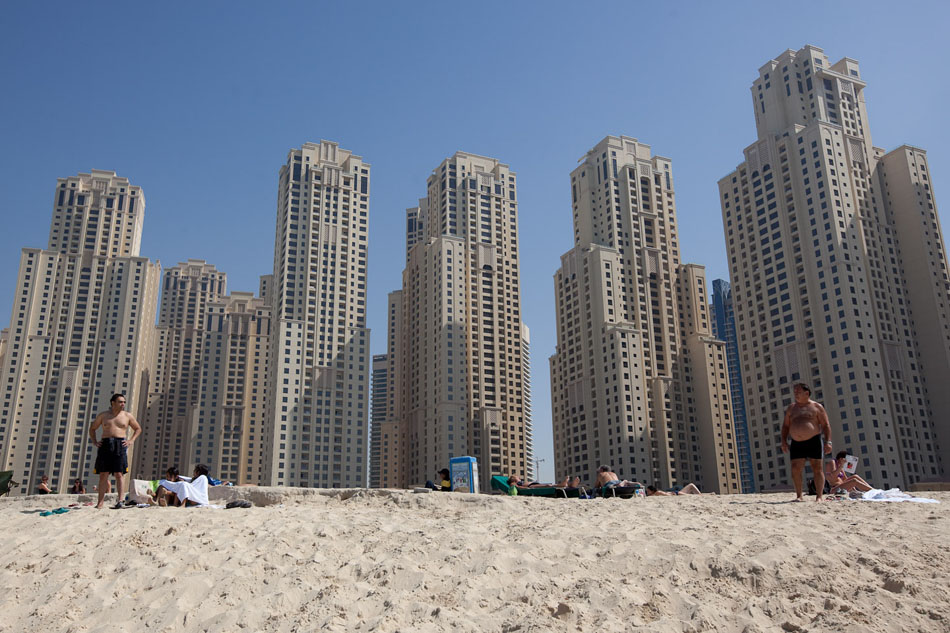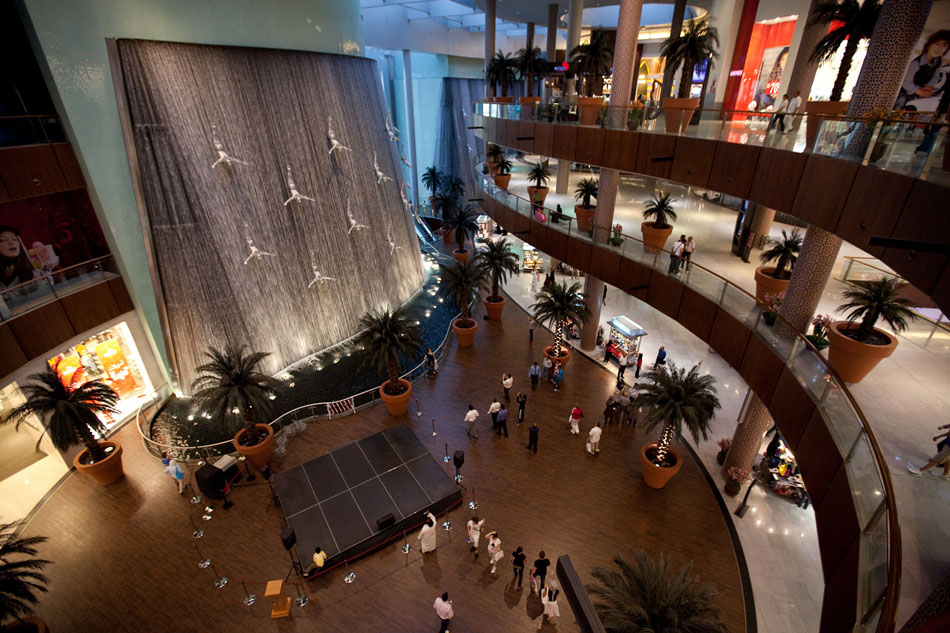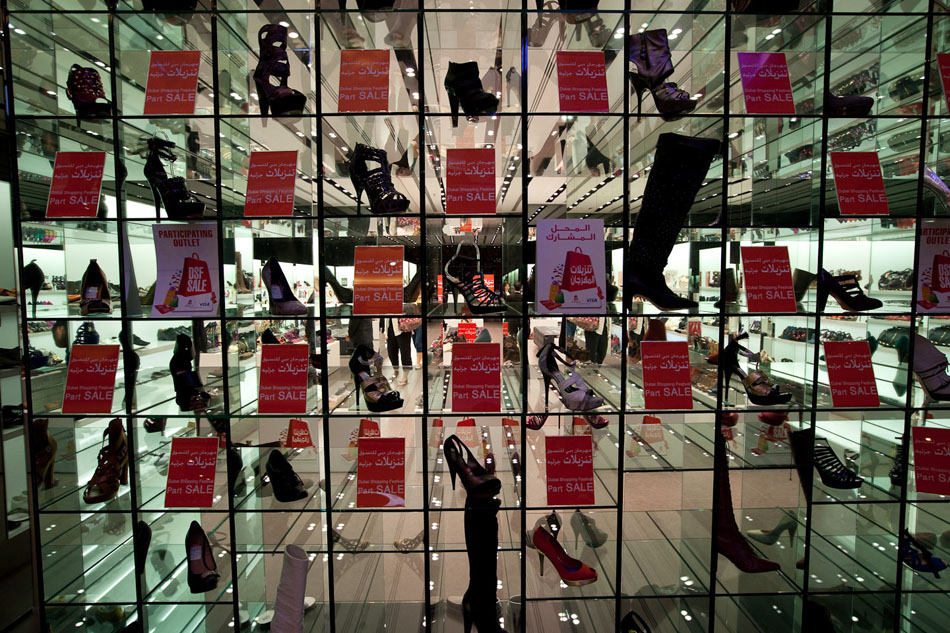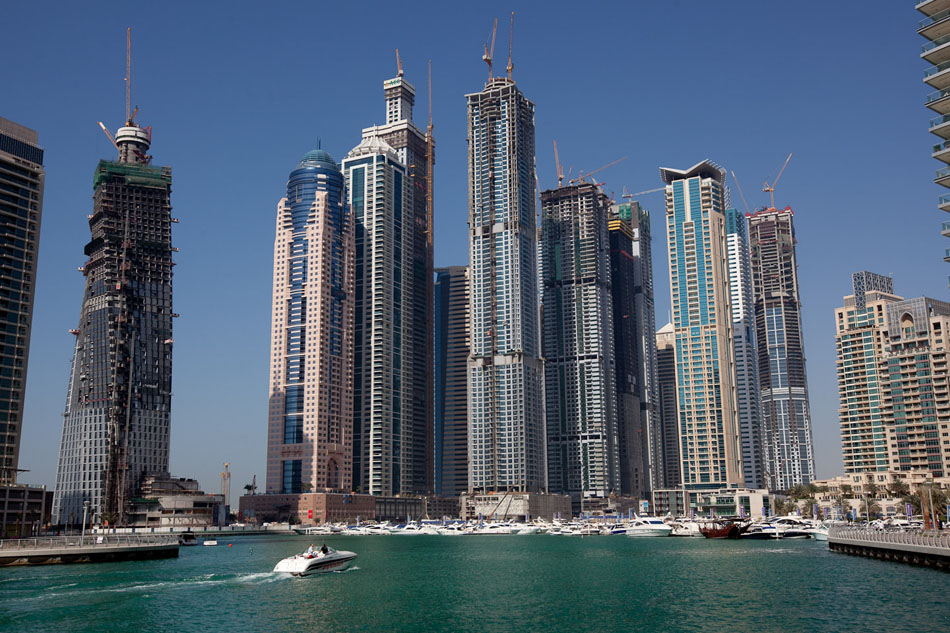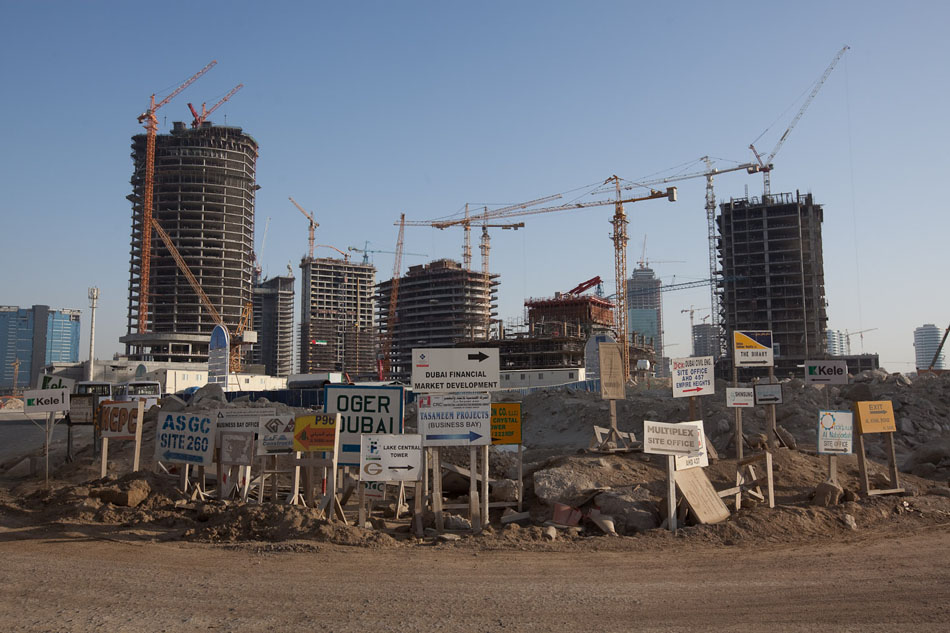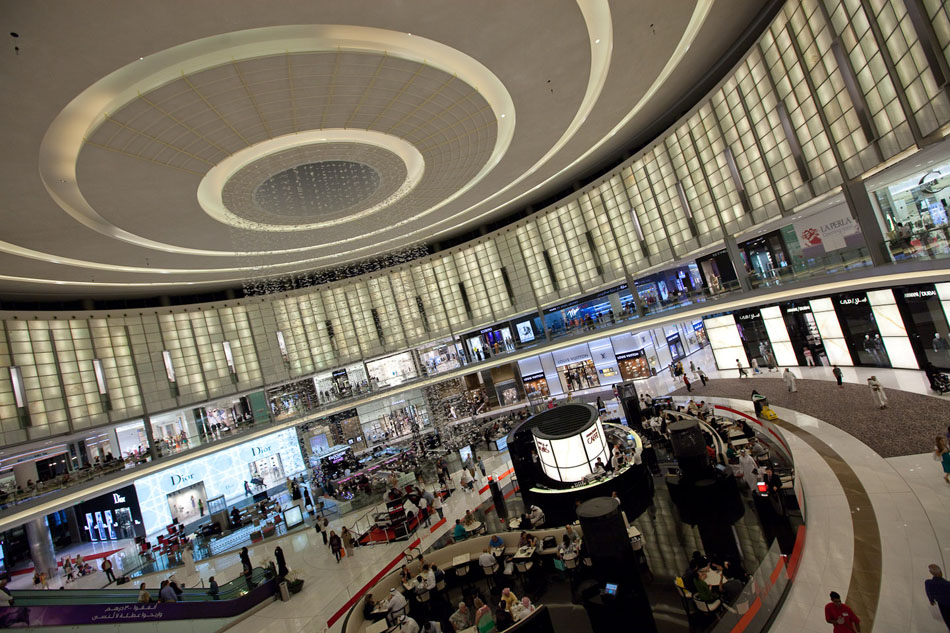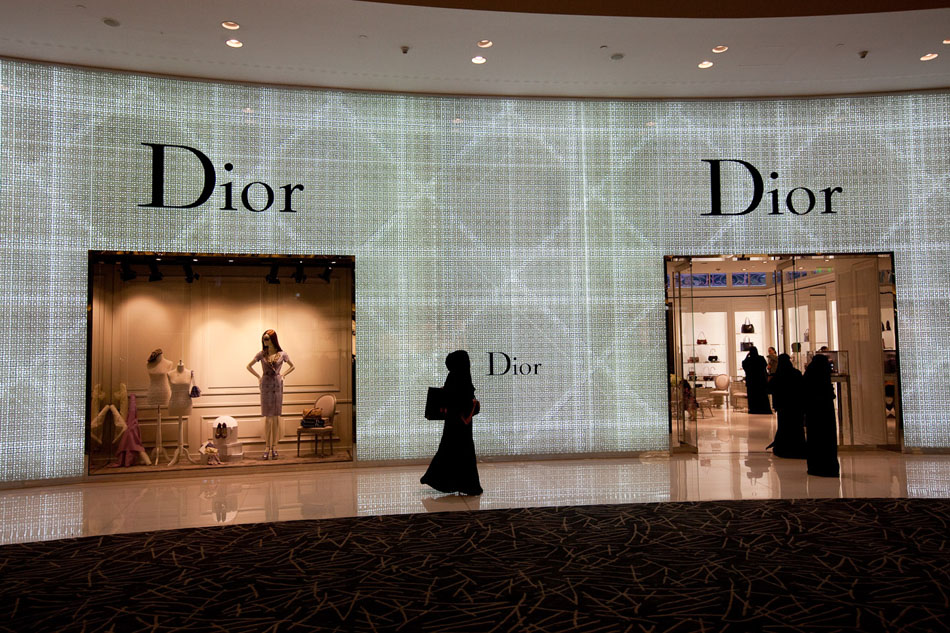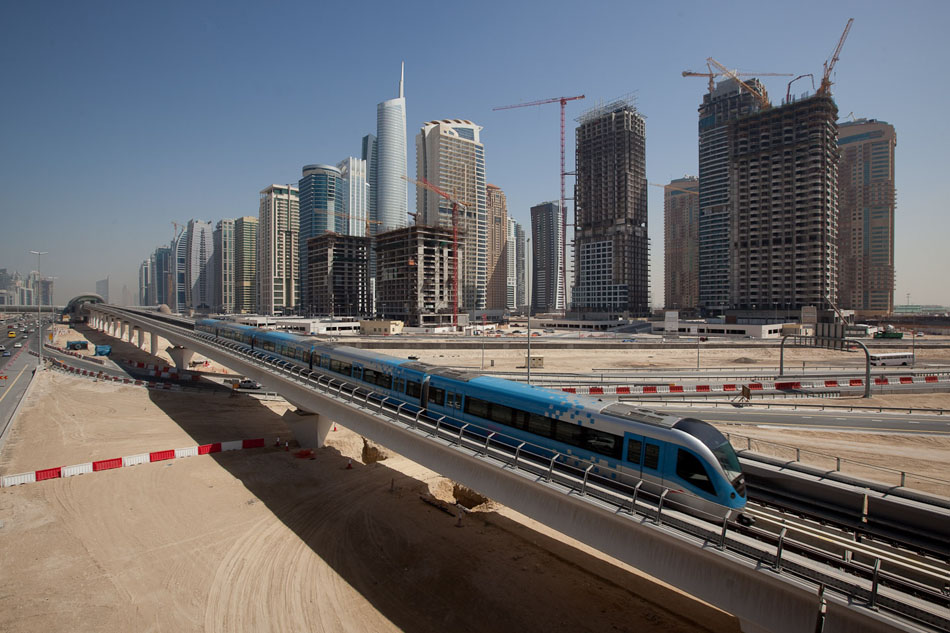May 5, 2010 | Music, Portraits, Youth
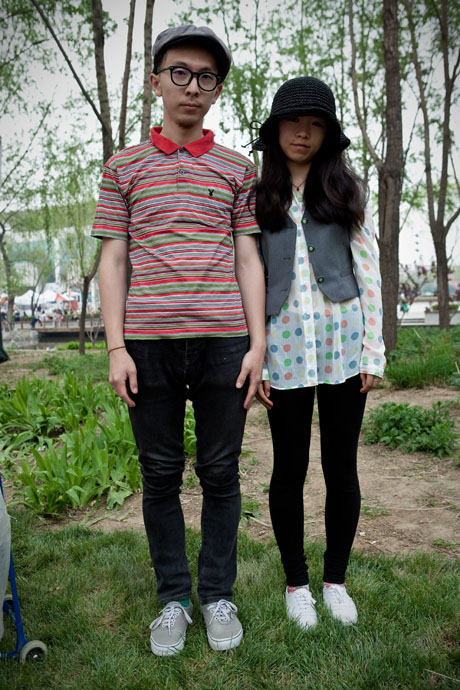
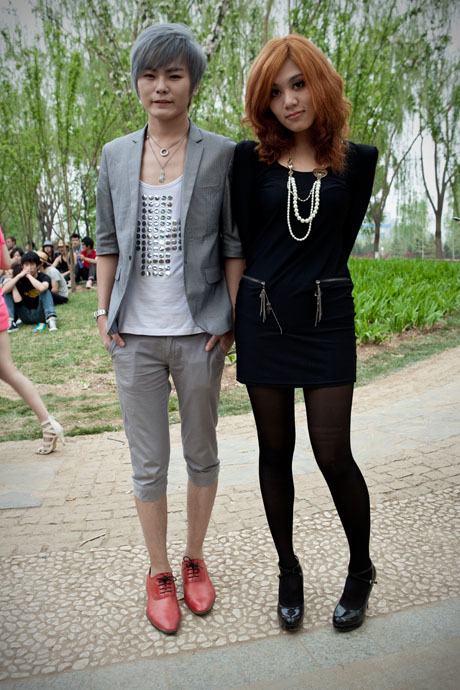
What could be naively described as a hipster transformation is taking place in Beijing. Although some may only dress the part, others are the first in China to truly embrace alternative lifestyles that fly in the face of social conformity so desperately imposed by the Chinese state. Whether shopping at second-hand clothing stores, scouring the Internet for fringe media, pursuing careers in the arts and generally rejecting the popular molds of their communist past, these youth are seeking to stand out from the masses. This increasing tendency toward individualism coupled with newfound online forums for self-expression is one the cornerstones of China’s emerging civil society and often comes with a social stigma that is hard to imagine outside of China. Many don’t wish to participate in a largely vacuous and unsustainable consumer culture taking hold of the country. While they might not brazenly attack the government, their embracement of such a lifestyle is a powerful statement in and of itself. The biggest congregations now occur at major music festivals sprouting up all over the country. All of these portraits were taken at the 2010 MIDI Music Festival.
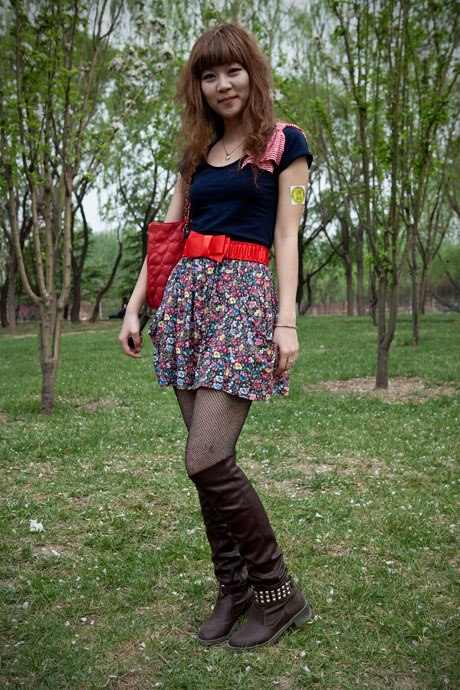
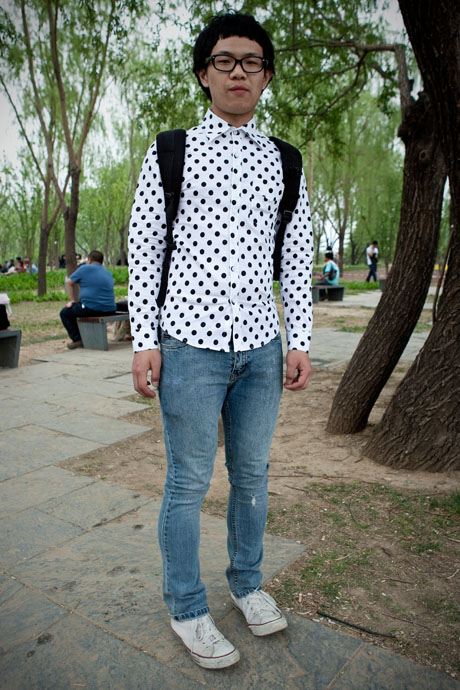
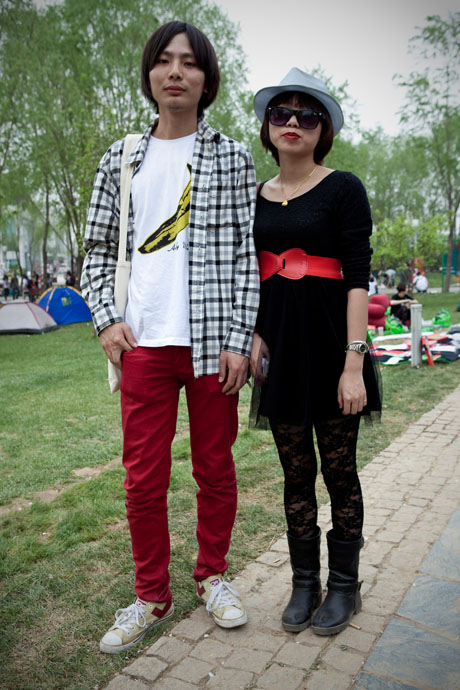
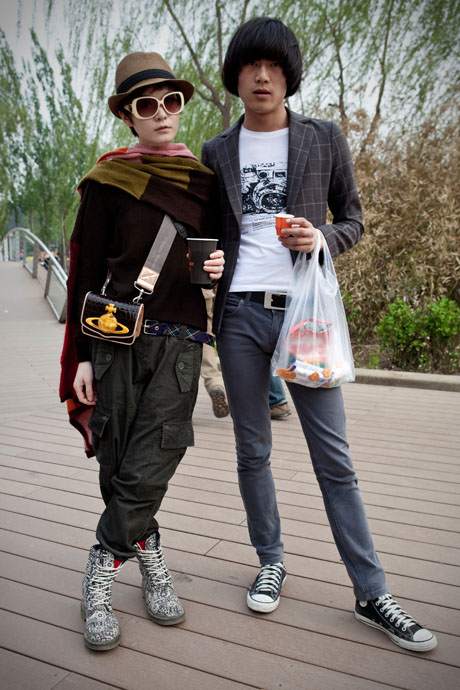
Apr 28, 2010 | Counterfeit Paradises, Society
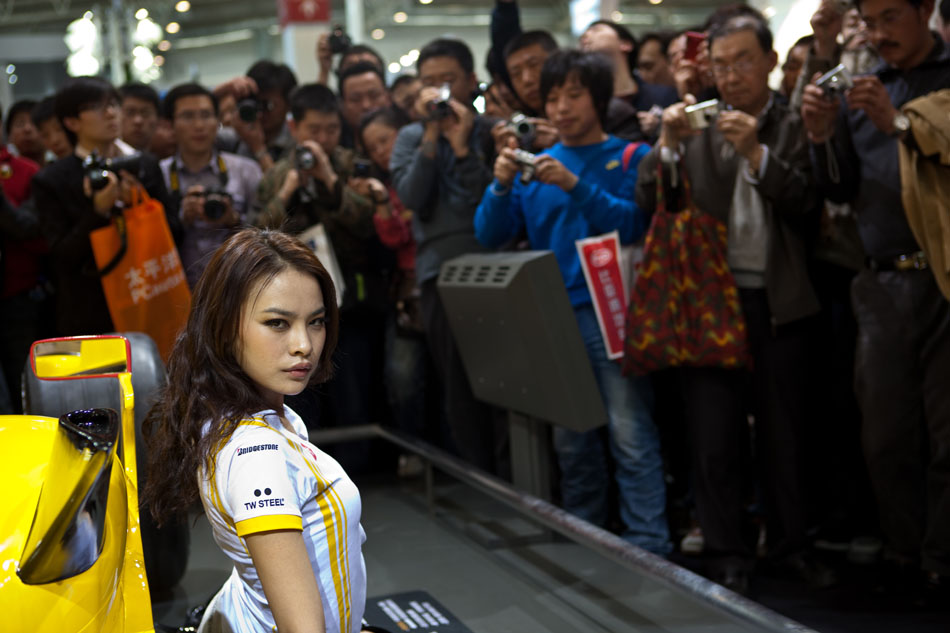
Cars are quickly becoming the most hypersexualized and sought after commodity in China. Purchases already surged 45% last year, surpassing the US with 13.6 million vehicles sold, and show no sign of stopping. The greatest manifestation of this phenomenon is now the Beijing International Automotive Fair held every year on the outskirts of the city. With scantily clad models striking poses in every booth, over 40 luxury cars were sold in the first few days alone including a Bugatti Veyron sporting a 5.5 million USD price tag. Every car manufacture in the world comes to pay homage to the fastest growing car market on the planet.




Apr 11, 2010 | Society
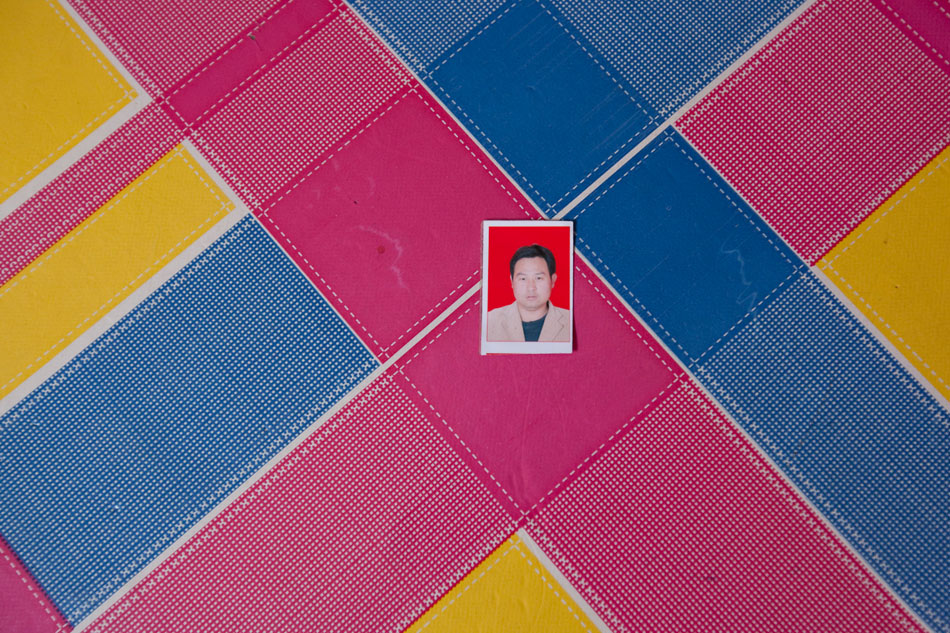
This past weekend I embarked on a very intense assignments. Working with the potentially bereaved wife of a Shanxi coal miner, Shi Weike, only a week after a major mining incident was delicate work to say the least. Shi Weike moved between different jobs in rural Shanxi before taking up the dangerous but relatively lucrative position as an electrician in the Wangjialing coal mine. Coal is big business in the mineral rich but relatively poor province and provided Shi Weike with steady income to support his wife, Guo Qinqin, and daughter, Shi Rongrong. However, on the morning of March 28, the main shaft of the Wangjialing coal mine flooded when workers accidentally broke into an abandoned shaft filled with water. Although over a hundred miners were miraculously rescued over a week after the flooding, the fate of Shi Weike looked dark as the government still refused to list the names of the survivors and deceased. His uncle, Yang Shirong, faced the task of consoling Guo Qinqin who after two-weeks of waiting is began to lose hope for her husbands’s survival. Every day she stayed in bed and took an intravenous glucose drip due to her inability to eat. Shi Rongrong, her six-year-old daughter, was also not informed of the possible loss of her father. Like many other coal mining families Quo Qinqin will now have to seek compensation from the government in order to support her family. Coal miners die on an average of seven per day in Shanxi as safety regulations continue to be overlooked across the province. Taking the photos of Guo Qinqin on her mourning bed was one of the toughest things I have had to capture in my life. You can see the article and slideshow online at the Wall Street Journal website.
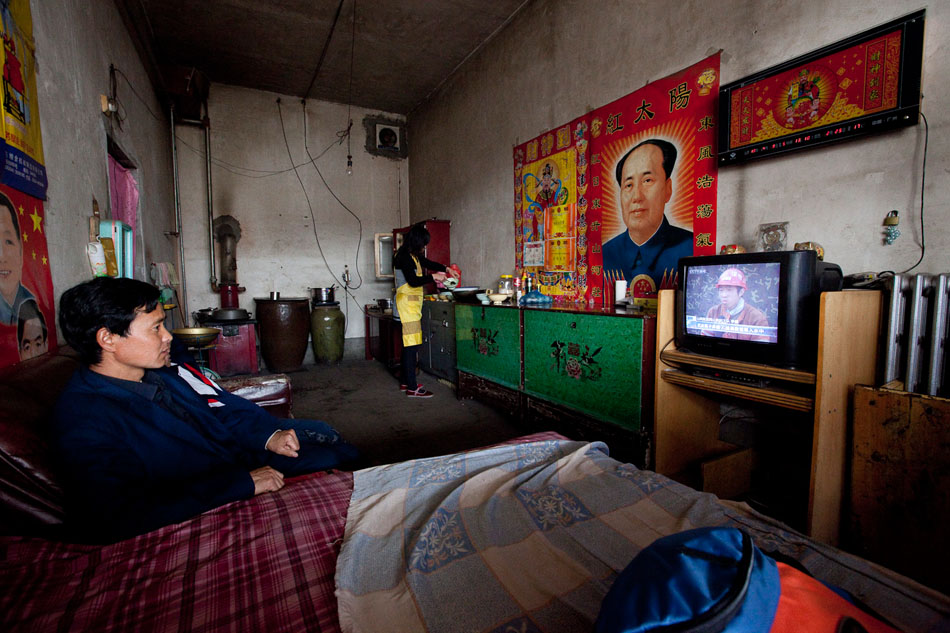
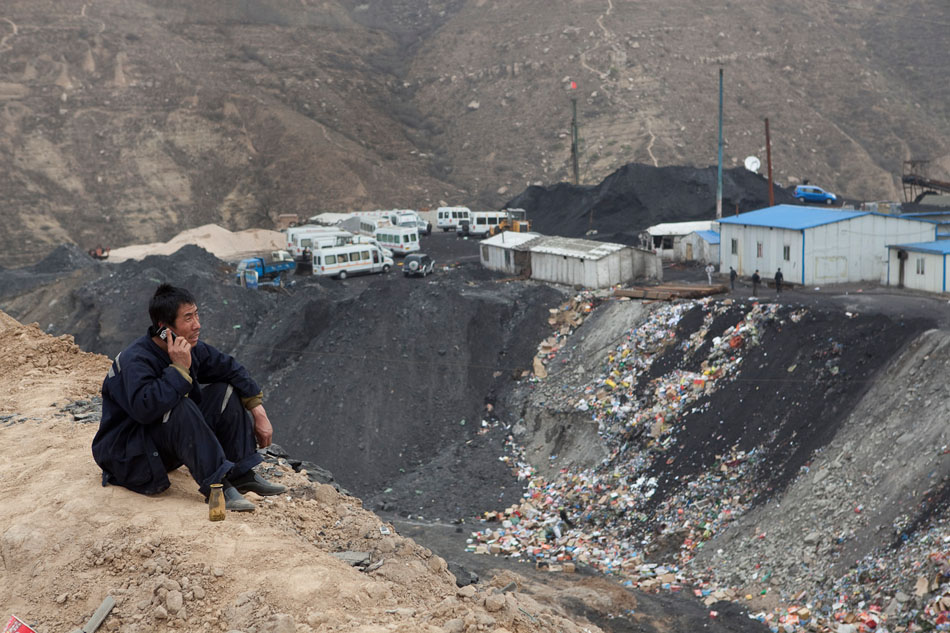
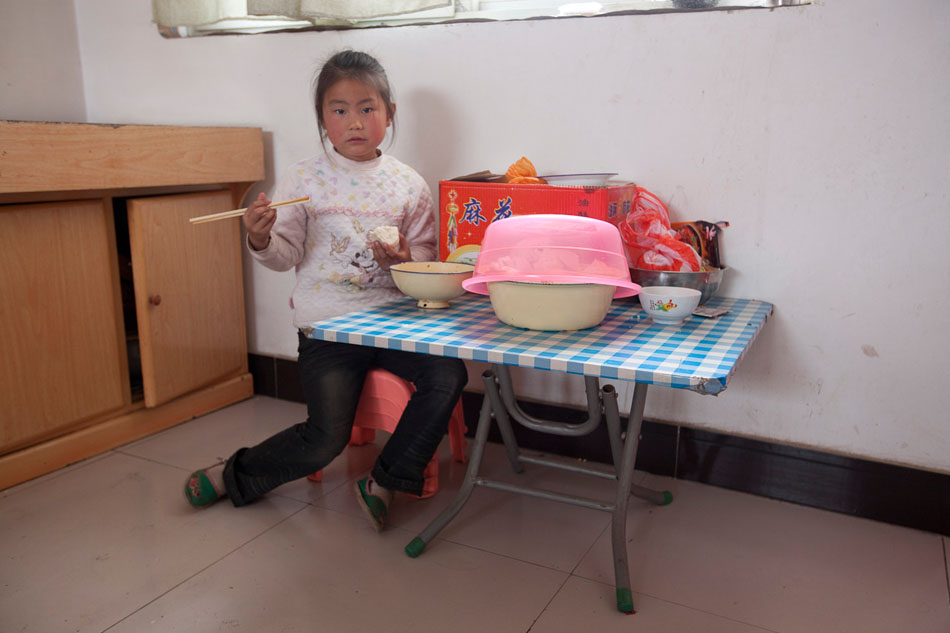
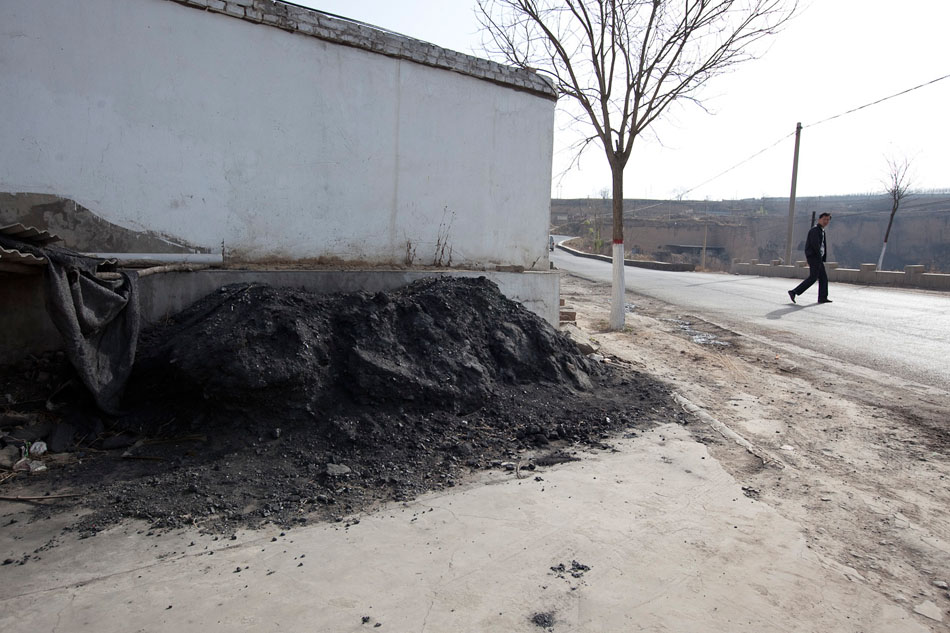
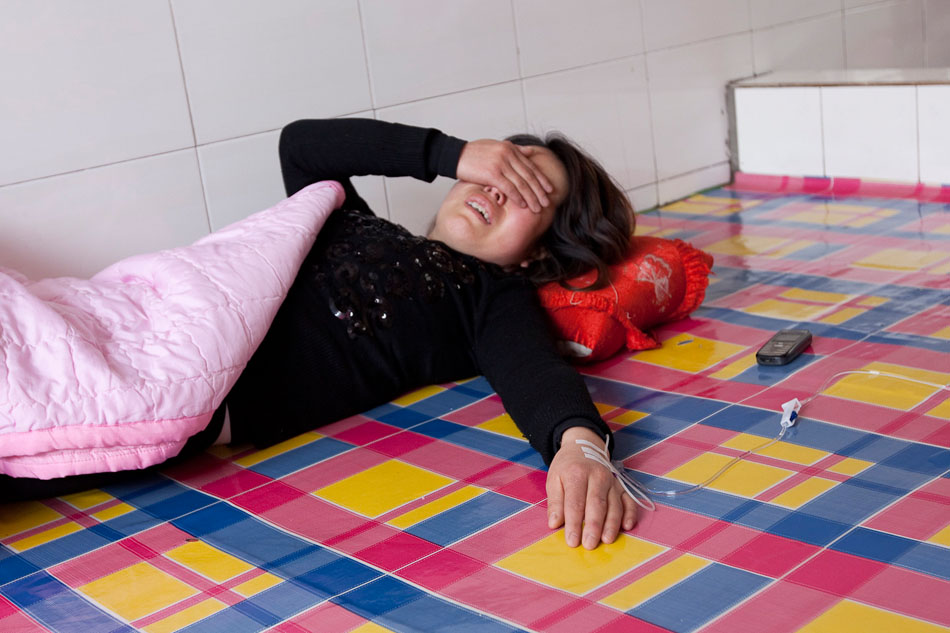
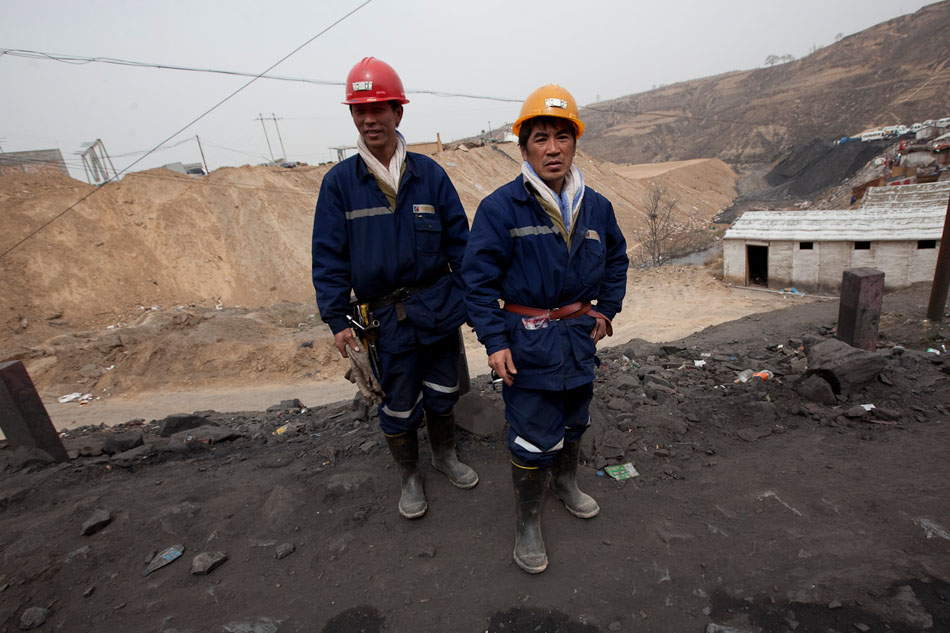
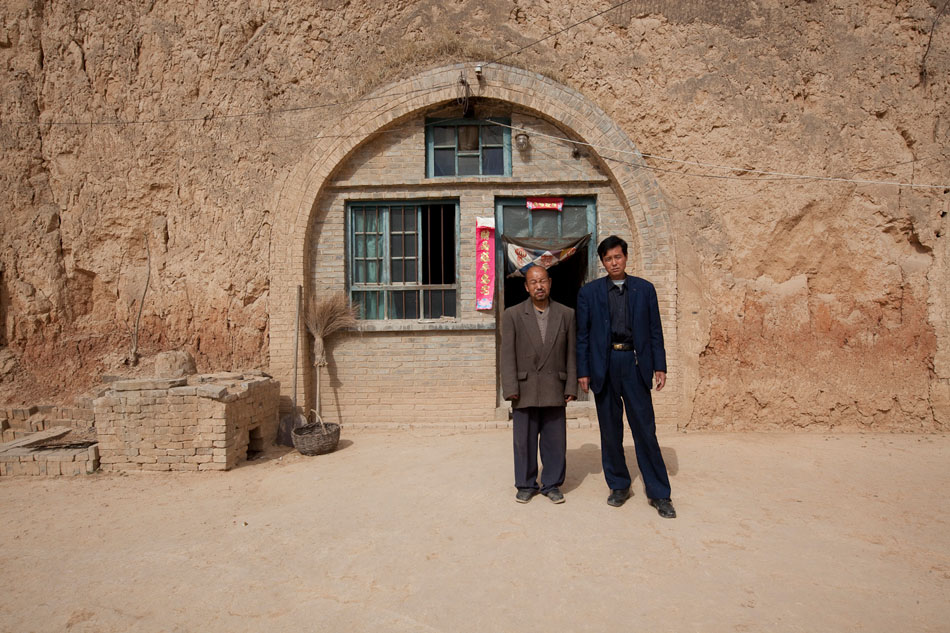
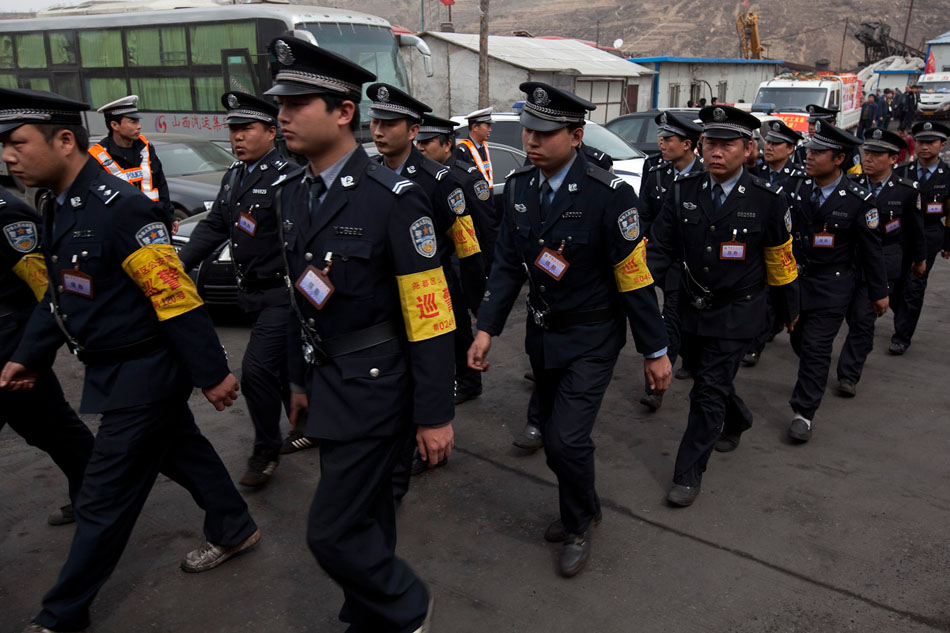
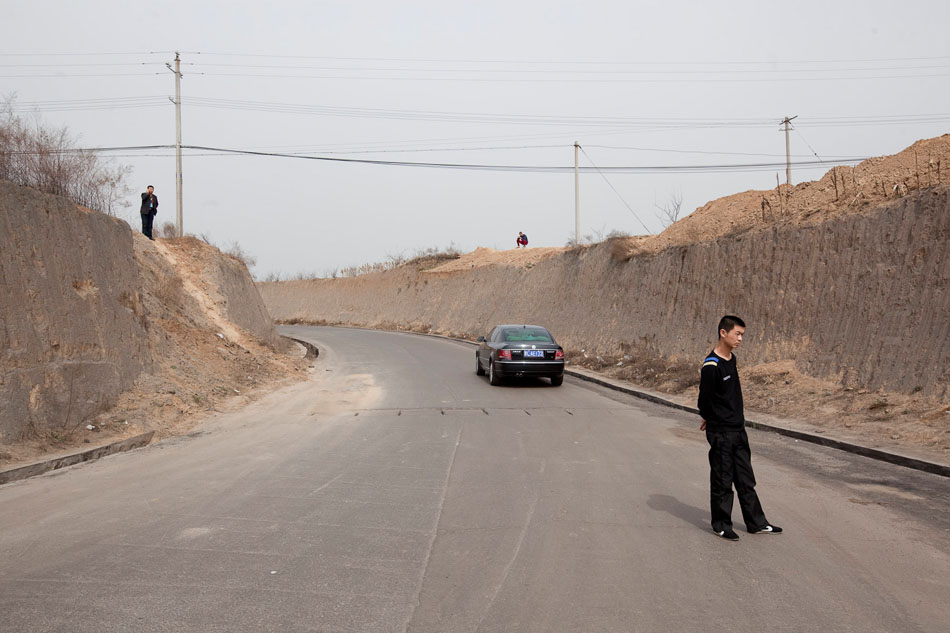
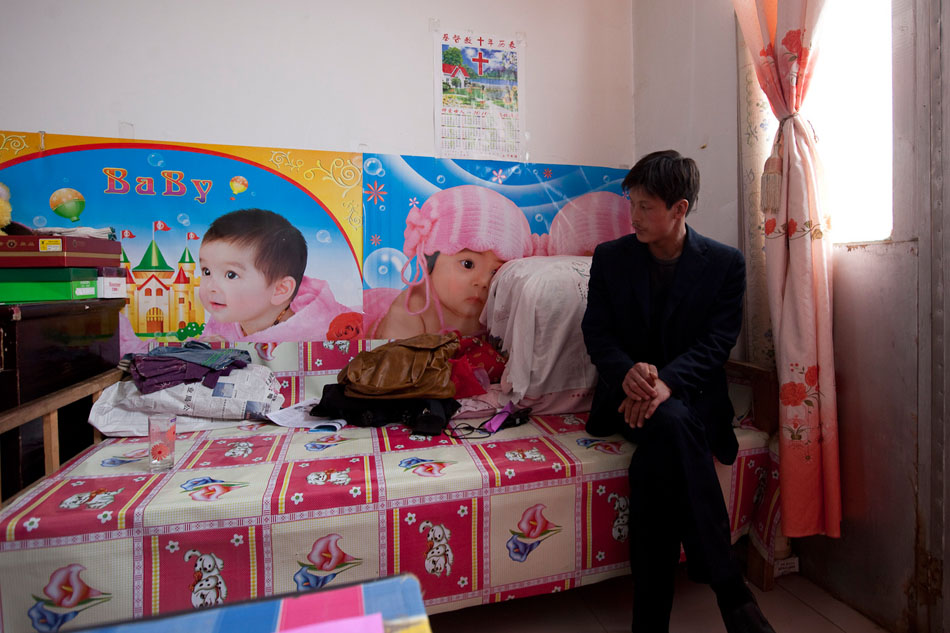
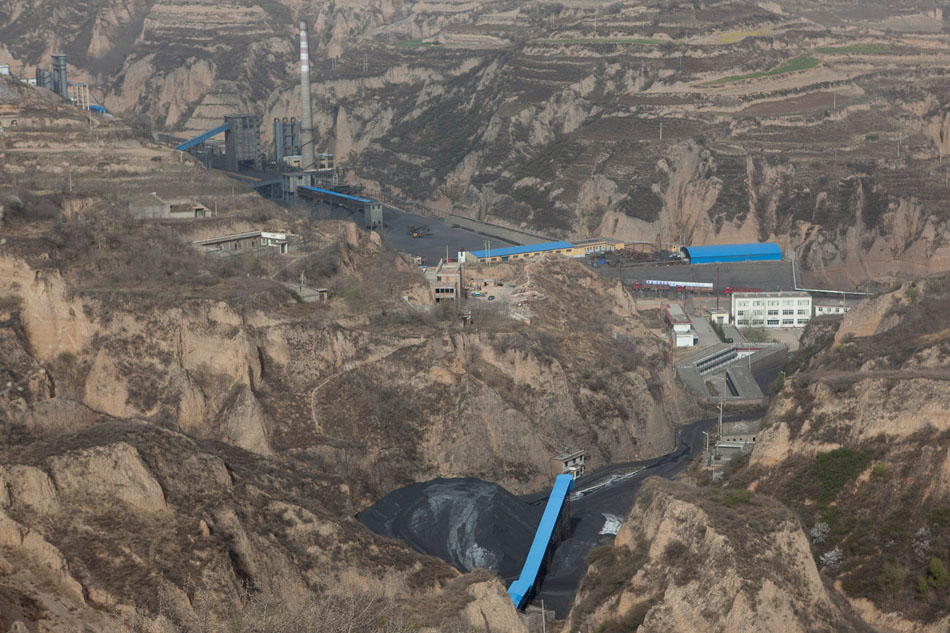
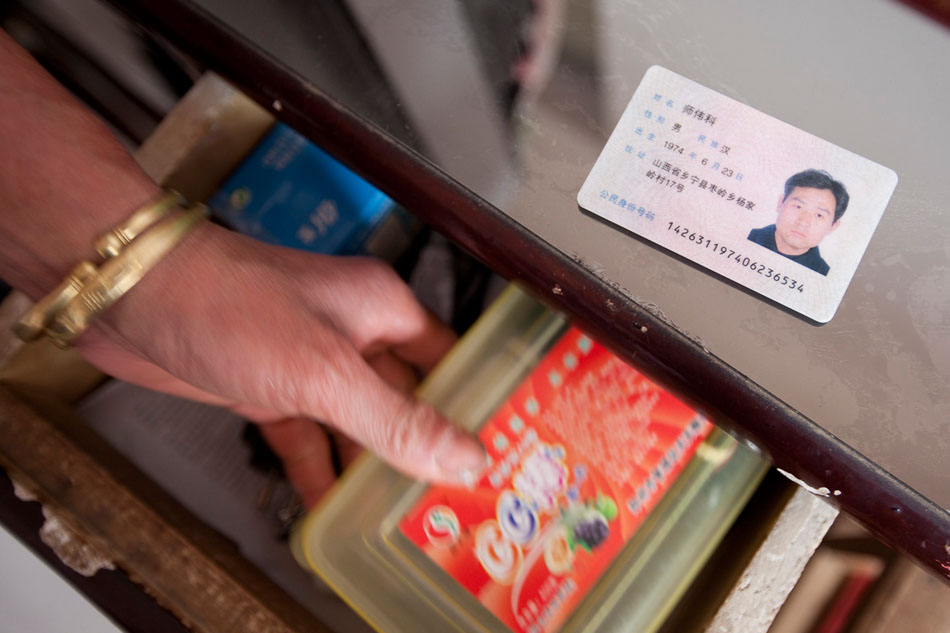
Mar 23, 2010 | Counterfeit Paradises, Society
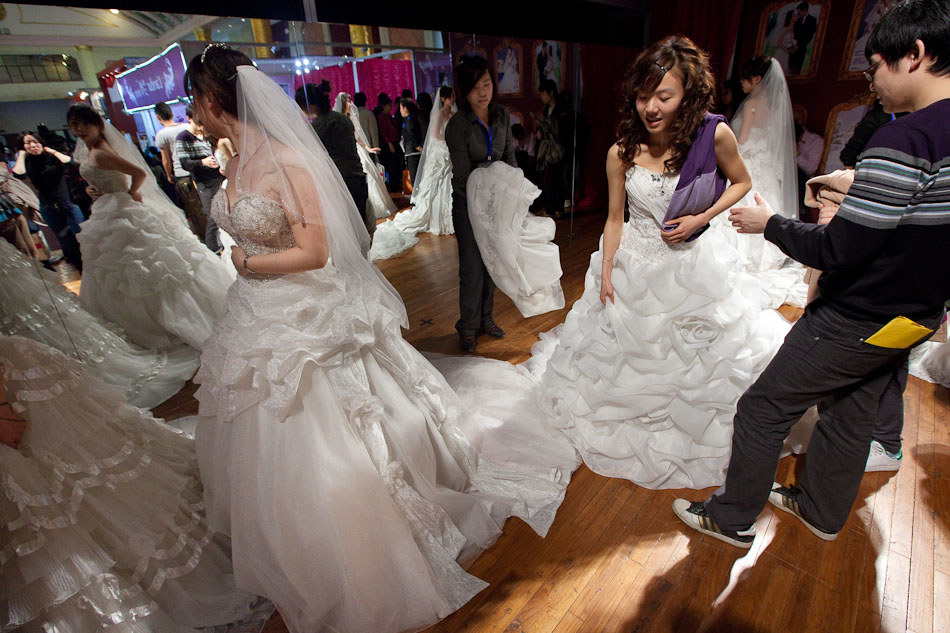
The annual wedding expo went down this past weekend at the Beijing Exhibition Centre much to the delight of hopeful young couples all over Beijing. Booths offering complete wedding packages were packed with small tables and agents showing off their look books and other materials guaranteed to fulfill matrimonial fantasies. In other sections of the expo, young potential brides tried on a wedding gowns of all shapes, sizes, and colors. Quite frankly, the bustle and intensity of the engaged couples was overwhelming – everything was imbued with desire and hope. Right now, western-style weddings are all the hype in China, and people are willing to go to great lengths to guarantee their own vision of modern and cultured wedding ceremony.
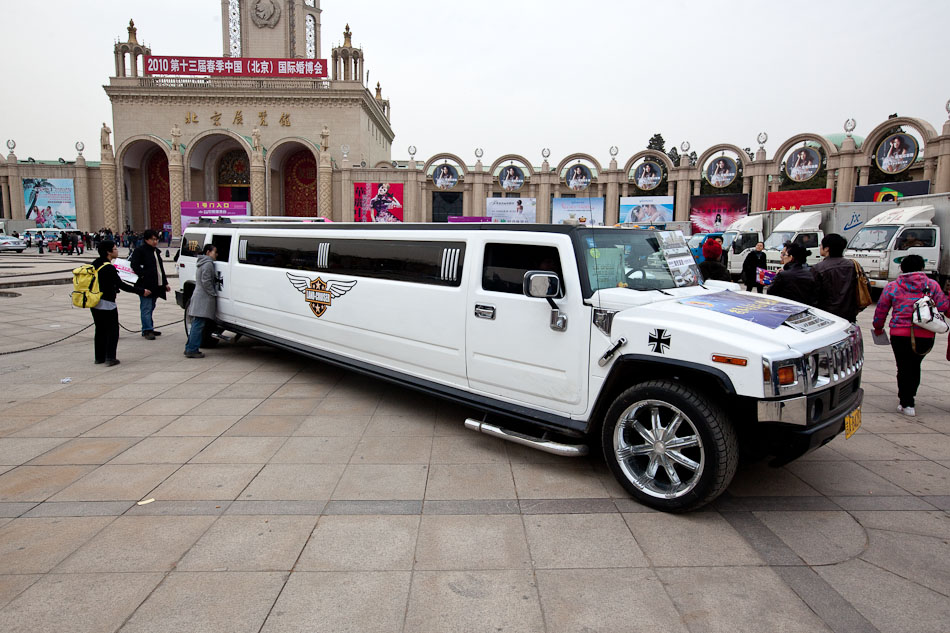
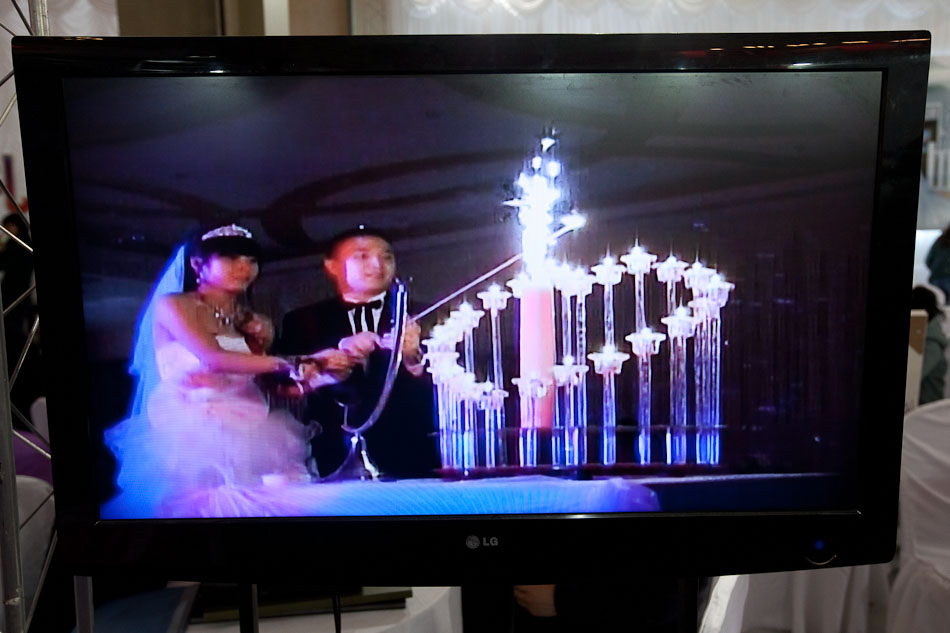
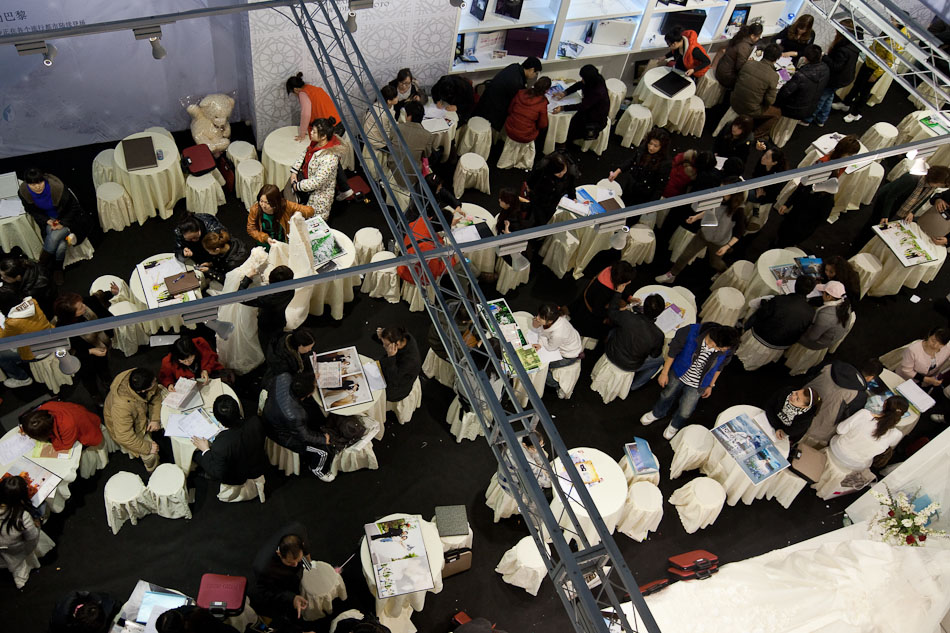
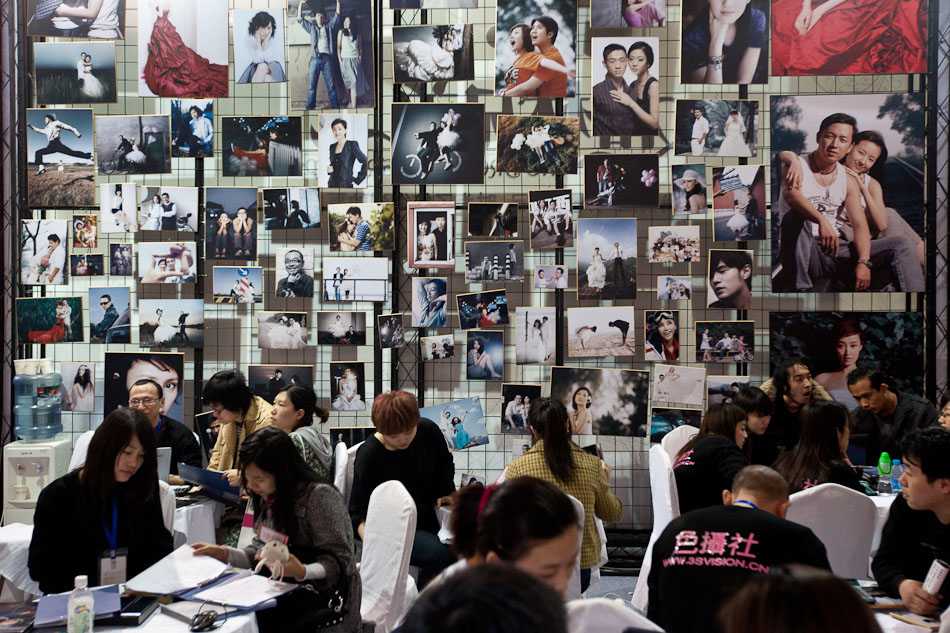
Feb 20, 2010 | Development, Travel

This past week I finally got to visit the developmental monstrosity that is Dubai. Nothing can really describe the audaciousness and scope of the luxury metropolis they hope to raise from the sands of the surrounding desert. Ranging from the largest mall in the world to the tallest building in the world, Dubai is building a new Babel that is already on the verge of going completely bust. For the foreseeable future however, despite the world economic downtown, the cranes are still moving as one of the largest construction sites in the world continues to lurch forward.
